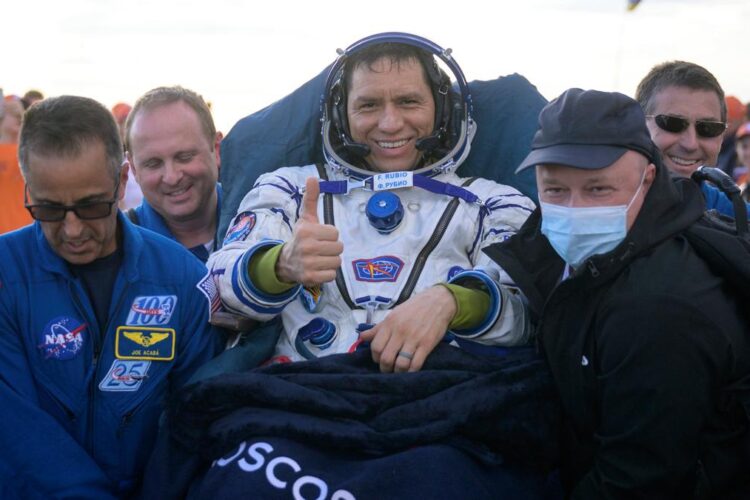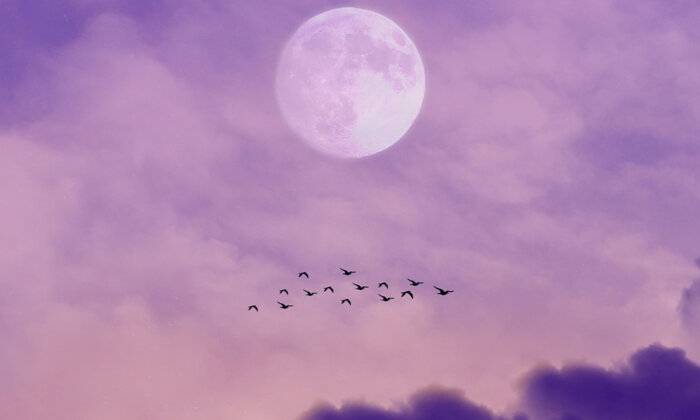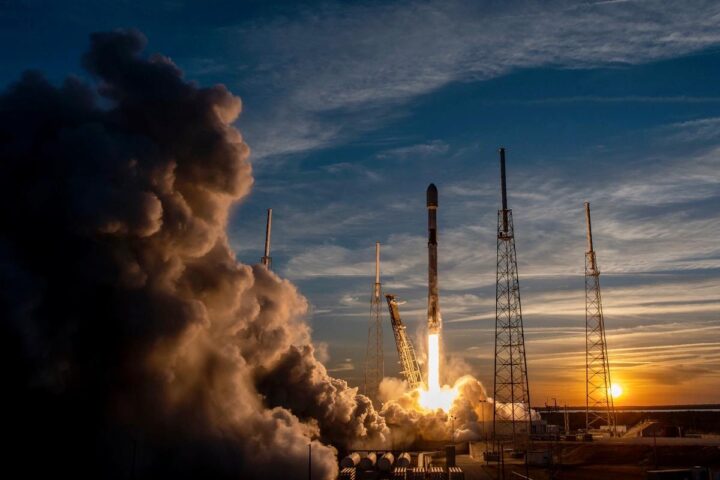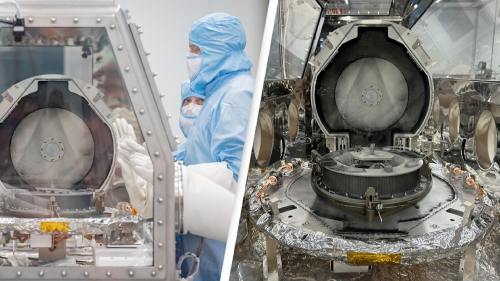“NASA Astronaut Frank Rubio, Record-Breaker in Space, to Share Insights in Houston News Conference”
NASA astronaut Frank Rubio, who recently returned to Earth after accomplishing the longest single spaceflight in American history, will be participating in a news conference scheduled for 2 p.m. EDT on Friday, October 13, at NASA’s Johnson Space Center in Houston.
Rubio’s remarkable extended mission aboard the International Space Station resulted in a total of 371 days spent in space. These extended missions provide invaluable insights into the effects of prolonged spaceflight on astronauts, which is particularly significant as NASA prepares for future Moon missions with the Artemis program and gears up for human exploration of Mars.
For media representatives interested in attending in person, please reach out to the NASA Johnson newsroom no later than 5 p.m. on Thursday, October 12, by either calling 281-483-5111 or emailing jsccommu@mail.nasa.gov. For those preferring to participate virtually, kindly contact the newsroom at least two hours prior to the event. Additional information on NASA’s media accreditation policy is available online, and questions can also be submitted via social media using the hashtag #AskNASA.
Rubio’s journey commenced on September 21, 2022, when he launched alongside Roscosmos cosmonauts Sergey Prokopyev and Dmitri Petelin. The trio safely returned to Earth on September 27. Rubio’s 371-day mission has now set the record for the longest single spaceflight by a U.S. astronaut, surpassing the previous record held by NASA astronaut Mark Vande Hei, who spent 355 days in space.
During his historic mission, Rubio completed an impressive approximately 5,936 orbits around Earth, covering a distance of over 157 million miles. To put it in perspective, this is roughly equivalent to traveling to the Moon and back 328 times. Rubio also played a crucial role in overseeing the arrivals and departures of 15 visiting spacecraft, including both crewed and cargo missions.
Beyond these accomplishments, Rubio actively contributed to various scientific activities on the space station, engaging in a wide range of studies, from assessing human health in space to conducting experiments with plants. Notably, one of his studies explored the remote operation of multiple autonomous robots from space, highlighting the challenges and possibilities of orbit-to-ground robot control. Additionally, Rubio cared for space-grown tomatoes as part of research into hydroponic and aeroponic growth techniques, exploring alternative ways to cultivate crops on a larger scale for future space missions.
Disclaimer: The views, suggestions, and opinions expressed here are the sole responsibility of the experts. No Zoomer Zest journalist was involved in the writing and production of this article.





